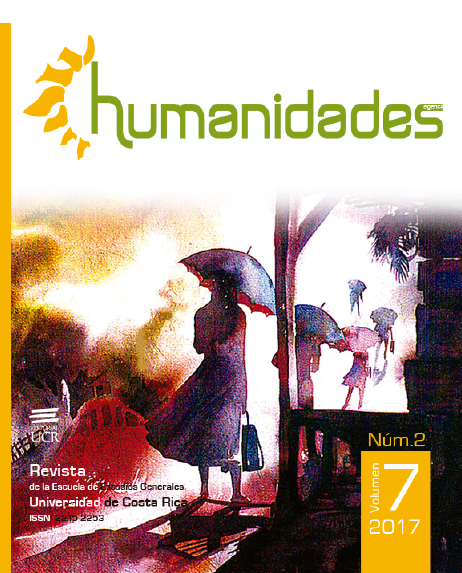Abstract
From the beguining of any learnig process in music, we think of it as a language to express and communicate ideas, formats and forms of expression from all societies and through out hundreds of years.
Among the percussion instruments we can find a group of instruments that have a closed relationship with the religious traditions, in which human being and deities are closely attached. In this case, I am talking about the “ Batá Drums” ( In Yoruba Language means Drum) The set of Batá drums work always in a group of three drums. These drums are double headed drums in a sand clock shape and their names from the bigges to the small are: Iyá – Itótele and Okóncolo. It is a performance practice in African drumming that the drums work togather, but the “Iyá” is the one that stablishes the communications between humans and deities in their ritual.
Based on the Linguistic model by Ferdinand De Saussure (French) and the idea of the stablishment of a language with the batá drums – as a communication system, we could think on a language with the batá drums by themselves. In this way we see similarities between both languages regarding a well stablished commuication system.
References
Amira, J. & Cornelius, S. (1992). The Music of Santería. USA: White Cliffs Media Company.
Rodríguez, V.; Casanova Oliva, A.; Guanche Pérez, J.; Ramos
Venereo, Z.; C. Sáenz Coopat, C.; Vilar Alvarez, L.; Vinueza González, M. (1977). Instrumentos de la Música Folclórico-Popular de Cuba. Volumen 2. Centro de Investigación y Desarrollo de la Música Cubana. Editorial de Ciencias Sociales; La Habana. Cuba.
Peter, M. (1991). Essays on Cuban Music: North American and Cuban Perspectives. University Press of America.
Ortiz, F. (1965). La Africacanía de la Música Folklórica de Cuba. Cuba: Editora Universitaria. La Habana, Cuba.
¿Que es la Santeria?. (2017). Orishanet.org. Recuperado de: http://orishanet.org/ssanteria.html
Vizcaíno, M. (2017). Cuba. Una identitá in movimento - Los tambores Batá. Archivocubano.org. Recuperado de: http://www.archivocubano.org/vizcaino_10.html
BBC (s.f.). Religions - Santeria: Santeria deities. Recuperado de: http://www.bbc.co.uk/religion/religions/santeria/beliefs/orishas.shtml
Hanno, H., y Ehses, J. (2017). Semiótica y diseño en la página del profe. Lapaginadelprofe.cl. Recuperado de: http://www.lapaginadelprofe.cl/semiotica/semioticaydiseno/semdiseno1.htm


